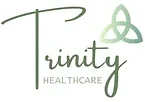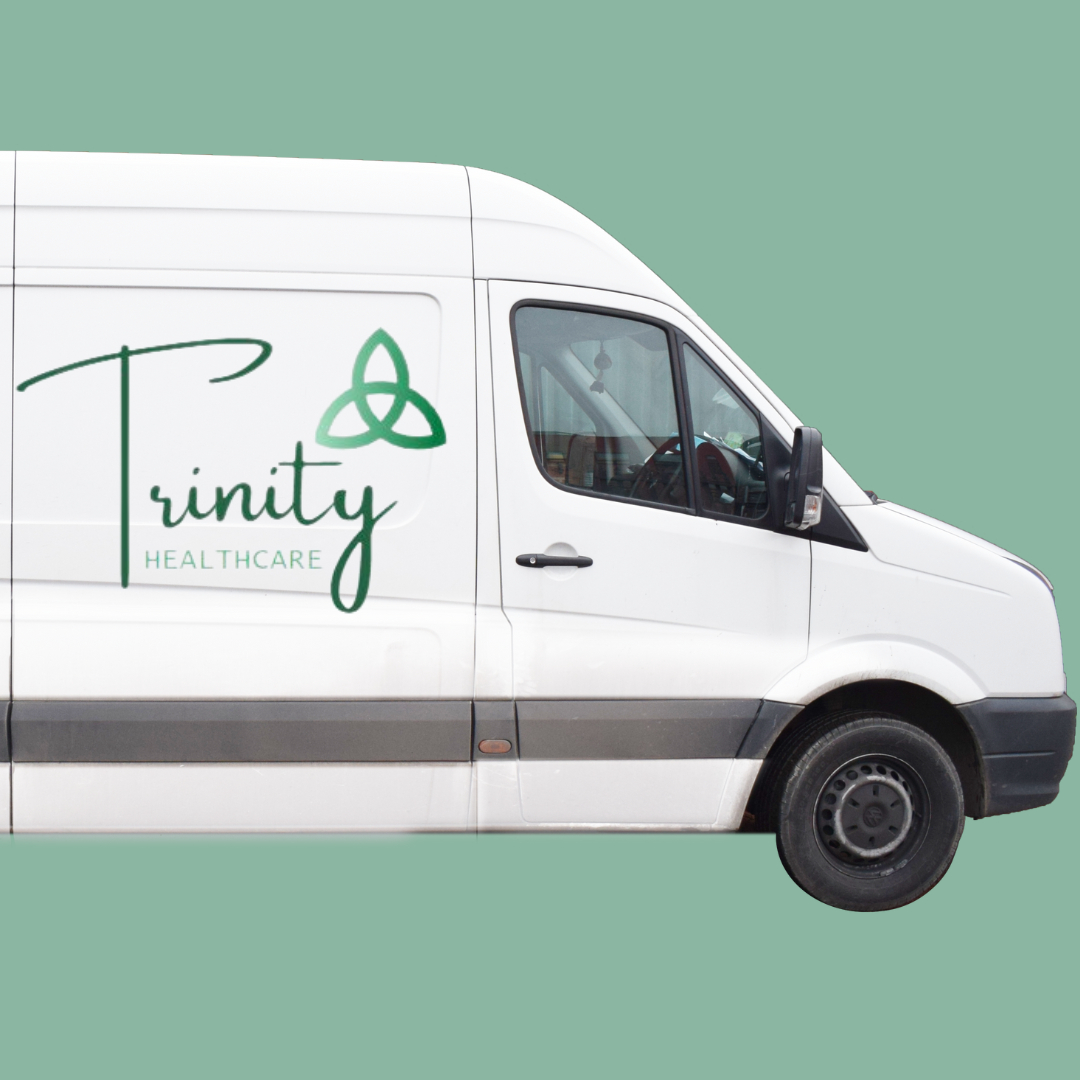- Home
- About Us
- Services
- Primary Care
- Preventative Services
- Transitional Care
- Annual Wellness Exams
- Acute Care Services
- Medical Clearance Examinations
- Chronic Disease Management
- Sports Physicals
- Geriatric Medicine
- Medication Management
- STD & UTI Testing
- Coordination of Care
- Telehealth Services
- Ordering Routine Labs and Scans
- Blog
- Patient Resources
- Contact Us
Key Takeaways
- Mobile healthcare focuses on using portable technologies, apps, and remote monitoring to make healthcare accessible and convenient, often beyond clinical services.
- Telemedicine emphasizes delivering clinical services remotely through video consultations, real-time monitoring, and digital diagnoses.
- Understanding the differences and synergies between mobile healthcare and telemedicine can help patients and providers maximize the benefits of each approach.
Improved access, convenience, and patient engagement are revolutionizing the healthcare industry—but not every buzzword means the same thing! Wondering how “mobile healthcare” stacks up against “telemedicine”? You’re not alone! These terms are often used interchangeably, but they have distinct definitions and benefits.
This blog unpacks the differences between mobile healthcare and telemedicine so you can make informed decisions about your care. We’ll cover how both approaches deliver services, their unique advantages, and how they work together to create a more accessible healthcare system. Whether you’re managing a chronic condition or just exploring convenient care options, understanding these concepts is essential.
What is Mobile Healthcare?
Mobile healthcare represents a new frontier in delivering medical services by leveraging mobile units, apps, and portable technologies. This approach is all about bringing healthcare directly to patients, regardless of location, and making it more convenient and personalized. By breaking down geographical barriers and providing real-time access to health information, mobile healthcare empowers patients to take charge of their well-being. It’s especially beneficial for underserved communities or those with limited access to traditional healthcare settings.
Definition of Mobile Healthcare
Mobile healthcare refers to the use of mobile devices and communication technologies to deliver healthcare services and manage patient information. Think smartphones, tablets, and wearable devices tracking vital health data. Mobile healthcare doesn’t solely focus on clinical care; it includes wellness tools, health education, and streamlined admin support.
This model is designed to integrate seamlessly into daily life, allowing patients to access information, manage chronic conditions, and communicate with providers easily. As mobile technology evolves, the scope of mobile healthcare is only set to expand, offering even more innovative ways to stay healthy.
Examples of Mobile Healthcare
Mobile healthcare encompasses a range of tools and services that make managing health simpler and more efficient. From apps that help you track your fitness goals to devices that monitor your vital signs remotely, mobile healthcare is redefining how and where we receive care. Here are some examples:
Mobile health apps
Fitness apps like MyFitnessPal track your workouts, meals, and water intake. Meanwhile, specialized health apps are helping patients manage conditions like diabetes or track medication schedules.Remote patient monitoring devices
Tech-enabled devices such as heart rate monitors, glucose trackers, and blood pressure cuffs send data straight to your healthcare provider. It’s like having a mini health check-up every day without visiting the clinic.Electronic health records (EHRs)
With mobile EHRs across platforms, managing personal health history is seamless. For example, mobile-integrated EHRs allow you to carry your medical history wherever life takes you.
Looking for convenient healthcare solutions? Contact Trinity Family Practice in Las Vegas to learn how mobile healthcare can fit into your lifestyle!
Benefits of Mobile Healthcare for Healthcare Providers
Mobile healthcare offers significant advantages for healthcare providers, making it easier to engage with patients, streamline operations, and reduce costs. By adopting mobile technologies, providers can improve communication, enhance patient satisfaction, and focus more on personalized care. Here are some key benefits:
- Improved patient engagement: Tools like health apps encourage patients to stay involved in their wellness goals.
- Better access to rural areas: Mobile healthcare makes it easier for patients in underserved regions to engage with healthcare services.
- Cost reduction: Fewer follow-up visits and streamlined operational tasks result in significant cost savings for providers.
What is Telemedicine?
Telemedicine is revolutionizing the way we think about healthcare. By leveraging digital communication technologies, patients and providers are bridging gaps like never before. Whether it’s a video consultation with a specialist or monitoring chronic conditions remotely, telemedicine offers a flexible, efficient, and accessible approach to health and wellness.
Definition of Telemedicine
Telemedicine refers specifically to the delivery of clinical services via communication technologies. Whether it’s video consultations, digital diagnoses, or even remote procedures, telemedicine is all about making care available regardless of location. Consider it your fast-track ticket to virtual doctor visits!
Types of Telemedicine
Telemedicine offers multiple approaches to delivering care, each designed to improve access and convenience for patients. Understanding these types helps in choosing the right telemedicine solution for different health needs:
- Synchronous telemedicine: This involves real-time communication, such as video calls with your doctor. It’s like a clinical appointment… minus the commute.
- Asynchronous telemedicine: Store-and-forward technology allows you to send medical data, such as test results or images, to a doctor for later review.
- Remote patient monitoring (RPM): Patients with chronic conditions, like diabetes or hypertension, can transmit real-time data for proactive management.
Key Differences Between Mobile Healthcare and Telemedicine
While mobile healthcare and telemedicine both leverage technology to improve healthcare delivery, they have distinct focuses and benefits. Understanding these differences helps patients and providers choose the best options for their needs.
Focus on Clinical Services vs Non-Clinical Services
Here’s the key distinction to remember:
- Telemedicine: Focuses on clinical services, such as diagnoses and treatments.
- Mobile Healthcare: Encompasses clinical AND non-clinical services, such as patient education, remote monitoring, and administrative efficiency.
Healthcare Delivery Models
Telemedicine usually uses traditional patient-provider models, with healthcare providers delivering services remotely. Mobile healthcare broadens the scope further with on-demand applications and community-based approaches.
Curious about integrating telemedicine into your care plan? Reach out to Trinity Family Practice today!
The Role of Digital Health in Mobile Healthcare
Digital health has revolutionized the way healthcare is accessed and delivered, particularly within mobile healthcare. By seamlessly integrating technology into everyday life, digital health tools empower patients to take control of their well-being while providing healthcare professionals with innovative ways to monitor and manage care.
Overview of Digital Health
Digital health is the umbrella term for all technologies reshaping healthcare. It includes mobile health apps, telehealth tools, AI, and electronic records. These tools are carving out new dimensions in patient care, from smarter wearables to quicker test analysis.
The Future of Mobile Healthcare and Telemedicine
The healthcare landscape is being transformed by the rapid advancements in mobile technology and telemedicine. These innovations are breaking down traditional barriers, making healthcare more accessible, efficient, and personalized than ever before.
Emerging Trends and Technologies
AI is one of the most exciting changes on the horizon for healthcare. With time, algorithms can predict issues before they arise. Machine learning-based solutions promise smarter approaches to diagnostic precision.
A More Connected Future
Greater regulatory adaptation promises a future where mobile and telemedicine solutions become increasingly integrated—not as alternatives but necessities in seamless care delivery.
A Smarter Healthcare Choice, Starting Today
Mobile healthcare and telemedicine are reshaping how we access and experience medical care, making it more personalized, efficient, and accessible. Whether you’re tracking your daily steps or consulting a doctor from your home, these innovations ensure better health outcomes.
Ready to experience the future of healthcare today? Contact Trinity Family Practice in Las Vegas to learn more about their mobile healthcare and telemedicine services!
POST TAGS :
Mary Huntly APRN FNP-C
Trinity Family Practice is dedicated to offering personalized, compassionate healthcare for individuals and families in Las Vegas, with a focus on quality care you can trust at every visit.
Address
Contact
(725) 214-4237
admin@trinityfamilypractice.com



